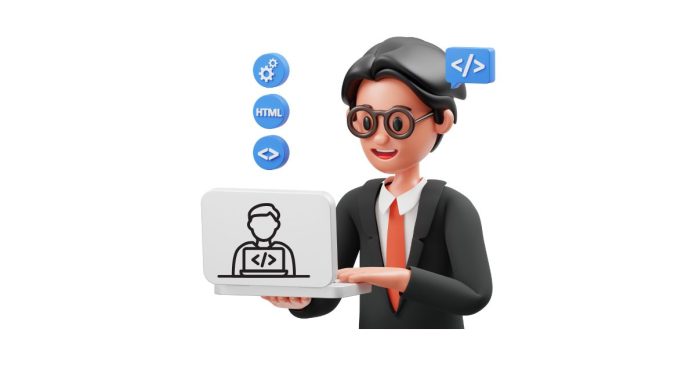In a Computer Science degree, students typically study a variety of subjects that cover both foundational and specialized areas of the field. Here are the main subjects usually included:
1. Foundational Subjects:
- Programming: Learning different programming languages like Python, Java, C++, and more. It covers coding practices, problem-solving, and algorithm implementation.
- Data Structures and Algorithms: Understanding how to organize and store data efficiently (e.g., arrays, linked lists, trees) and how to design algorithms to solve problems.
- Discrete Mathematics: Topics like logic, set theory, graph theory, and combinatorics, which provide the mathematical foundation for computer science.
- Computer Architecture: Study of how computers are structured, including the CPU, memory, storage devices, and how they work together to execute programs.
2. Core Subjects:
- Operating Systems: Study of the software that manages hardware resources, including processes, memory, and file systems.
- Software Engineering: Focus on developing software systems using best practices, including software design, testing, maintenance, and management.
- Databases: Learning how to store, retrieve, and manage data in databases, including relational databases, SQL, and NoSQL systems.
- Computer Networks: Study of how computers communicate over networks, including protocols, security, and network infrastructure.
- Theory of Computation: Exploration of the limits of what can be computed and how to categorize problems, focusing on formal languages, automata, and computational complexity.
- Artificial Intelligence (AI): Study of machines that can perform tasks that typically require human intelligence, including learning, problem-solving, and decision-making.
- Cybersecurity: Study of methods and techniques used to protect computer systems from threats like hacking, malware, and data breaches.
- Web Development: Learning how to design and develop websites and web applications, including front-end and back-end development technologies.
3. Advanced and Specialized Subjects:
- Machine Learning: A subset of AI that involves teaching computers to learn from data and improve over time without explicit programming.
- Data Science: Techniques for analyzing and interpreting complex data, including statistical methods and big data technologies.
- Human-Computer Interaction (HCI): Study of how people interact with computers and how to design systems that are user-friendly and effective.
- Mobile App Development: Creating applications for smartphones and tablets, often focusing on specific platforms like Android or iOS.
- Cloud Computing: Study of computing resources (servers, storage, databases) provided over the internet and how to use and manage them efficiently.
- Blockchain: Study of decentralized systems for secure and transparent transactions, commonly associated with cryptocurrencies like Bitcoin.
- Natural Language Processing (NLP): A branch of AI focused on enabling computers to understand and process human language.
4. Mathematical and Analytical Subjects:
- Linear Algebra: Fundamental for understanding machine learning, graphics, and many other computer science fields.
- Probability and Statistics: Important for fields like data science, machine learning, and AI.
- Numerical Methods: Techniques for solving mathematical problems using numerical approximation.
5. Capstone Projects and Internships:
- Many computer science programs include a capstone project or internship, where students work on real-world problems, applying the skills they have learned in the program.
The specific subjects can vary depending on the university or the program’s focus, but these are the core areas generally included in a computer science degree.


